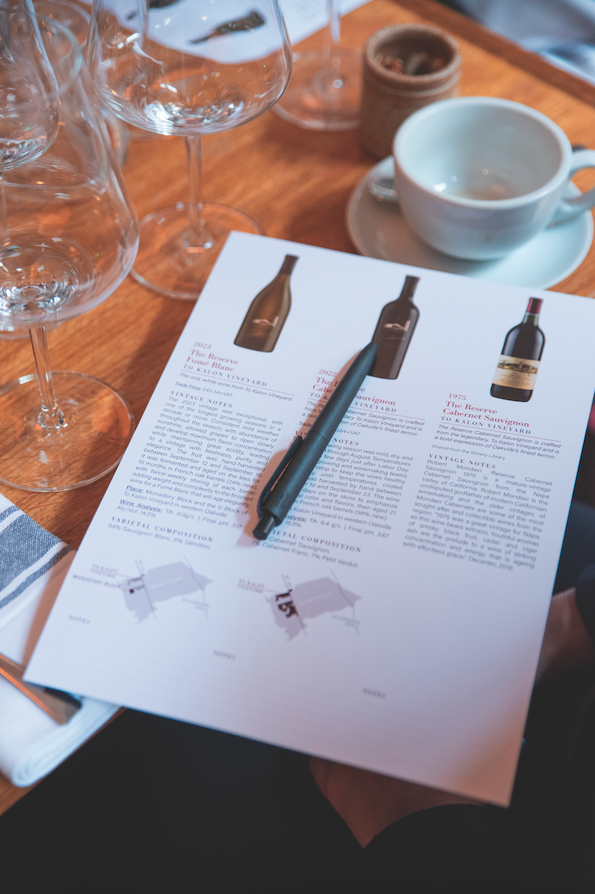Call for alcohol advertising ban is criticised
The call by Alcohol Concern for the introduction of a complete ban on alcohol advertising at music and sports events has been criticised by advertising and alcohol groups.
Alcohol Concern claimed that the current regulatory system is failing young people, citing high levels of alcohol brand recognition and “numerous” examples of inappropriate advertising.
The charity said the Advertising Standards Authority (ASA) should work in a “more proactive way” rather than “depending on complaints from the public” before investigating breaches of the advertising code, and should be able to levy “meaningful” sanctions such as fines for serious non-compliance.
Alcohol Concern chief executive Eric Appleby said: “Children and young people are seeing more alcohol advertising than in the past and are better able to recognise alcohol brands than those of cakes or ice cream.
“This has to be a wake-up call to the fact that the way we regulate alcohol advertising isn’t working.
“It’s time we reset the balance between commercial and public interest. That’s why we want advertisers to stick to the facts alone and for alcohol advertising to be banned at sporting, cultural or music events.”
But the Incorporated Society of British Advertisers (ISBA) has criticised the charity and said that the calls for restrictions are “based on shaky grounds and reveal an abject failure on their part to reflect the fact that the UK’s self regulatory system is working and that fewer young people are drinking alcohol.”
Ian Twinn, ISBA’s director of public affairs, said: “’Stick to the Facts’ is a seriously flawed work of fiction, but sadly is nothing we haven’t seen before. It is another attempt by an anti-alcohol lobbying group to impose further restrictions on an industry that is already subject to strict self-regulatory rules and is an industry with an extremely high rate of compliance.
“The truth is that self-regulation is working; the UK features some of the toughest advertising rules in Europe with rules which already ban alcohol adverts during programmes where there is a likelihood of a high proportion of children tuning in. How does Alcohol Concern explain that underage drinking is declining in this country, where we have alcohol advertising, yet in France, where it has been banned, it is going up?”
Twinn added: “It has been argued by anti-ad lobbyists that the massive investment made by companies in promoting their brands is evidence in and of itself that it influences children. This is silly; why would advertisers want to waste money marketing to a demographic which can’t legally buy their product. What the advertisers are doing is trying to influence adults, not young people, to drink their brand, and they do this sensibly and responsibly.”
Stuart O’Reilly, a 19-year-old member of the Youth Alcohol Advertising Council, agreed with Alcohol Concern arguing that a stricter advertising code was needed. He said: “The code is clearly unfit for purpose. Young people are bombarded with adverts that may not explicitly state, but often heavily imply, messages about alcohol that are inappropriate or misleading.
Partner Content
“This can be extremely damaging to young people who use these messages to form their relationship with alcohol.”
“YAAC’s work is frustrated by the ASA’s lengthy investigation process and its limited remit, which enables alcohol advertisers to constantly push the boundaries with very little consequence to themselves.
But ASA hit back saying: “It’s not unheard of for an anti-alcohol lobby group to call for further restrictions on advertising. However, the ASA will continue to take a proportionate approach, regulating effectively alcohol ads across media, including online, against strict rules that are designed to protect young people.
“The Department of Health’s own figures show, encouragingly, that fewer young people are drinking, while research by Ofcom reveals in 2011 of the average 227 TV commercials children watch per week, 3.2 of these were for alcohol products.
“But we will not be complacent. Our priority is to keep pace with emerging evidence and technological change so the regulation of alcohol ads remains tough.”
A spokesman for Diageo also agreed that further advertising legislation was not needed.
Andrew Cowan, country director of Diageo Great Britain, said: “Alcohol advertising, including content and scheduling, is already heavily and robustly well regulated.
“It’s also important to remember that underage drinking has been declining steeply for the last 10 years and so a combination of strong regulation and better education around the risks of alcohol misuse seems to be currently working.”





I find it incredible in the UK that the alcohol industry are allowed to advertise in newspapers and on tv when the tobacco industry has a complete ban on advertising of any sort imposed and cigarettes are now ‘hidden’ in shops – why is there not the same bans imposed on alcohol? Especially in light of the social problems/massive cost to the NHS/huge cost of dealing with people committing a whole range of offences while drunk which range from assault to rape and murder be it to the judicial system or police? The tiny barely legible phrase “please enjoy responsibly” on their ads is like a drug dealer telling you to “be careful with that smack l just sold you”. It beggars belief the hypocrisy or do the drinks companies fund the tory party?